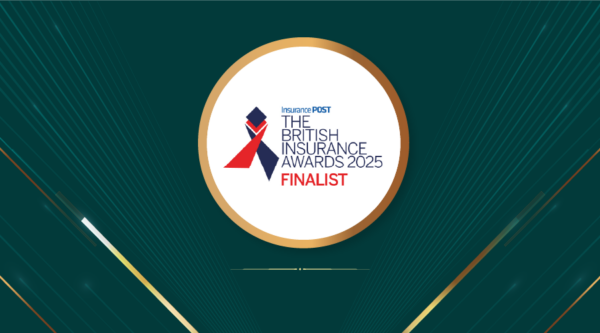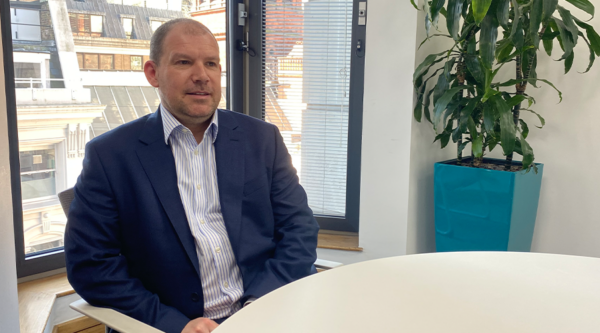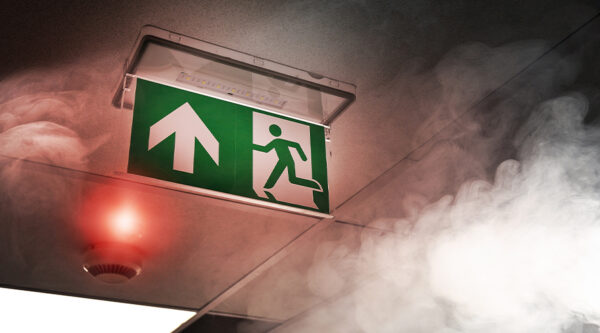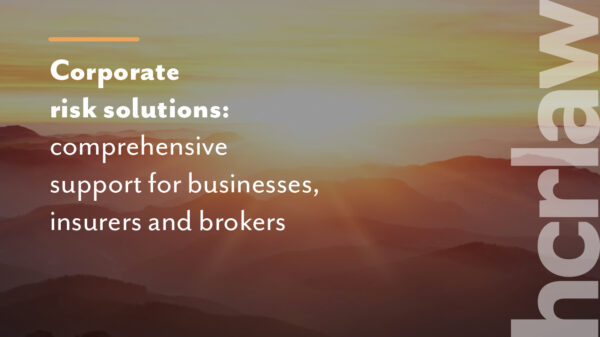

The HSE and other enforcement agencies, referred to collectively as “HSE” in this article, do not investigate every incident. It depends on the circumstances.
The following are subject to investigation:
- All work-related accidents involving death (to workers and non-workers)
- All work-related incidents resulting in a “specified injury” such as serious multiple fractures, amputations, internal organ damage, burns, loss of consciousness (head injury/asphyxia), blindness and scalping
- Incidents indicating a “likelihood of serious breach of health and safety law”
- Precursor events as identified within the HSE business plan / relevant work plans (i.e. areas of focus/priority for the HSE).
Many incidents are reportable via the Reporting of Injuries, Diseases and Dangerous Occurrences Regulations (“RIDDOR”). There is no need, and indeed it’s not advisable, to take additional steps to draw an incident to the HSE’s attention.
If an investigation is anticipated through one or more of the above factors, it’s imperative that an organisation/ individual is adequately prepared and advised. One of the most common mistakes arises when organisations create incident related documents which, often inadvertently, include admissions of guilt.
The very occurrence of an incident involving serious injury or death is an indicator that an organisation has not taken all reasonably practicable steps to keep a worker/non-worker safe (such is the requirement under the Health and Safety at Work etc. Act 1974). An organisation, company directors and/or employees/self-employed may be subject to enforcement action and penalties include fines and/ or imprisonment.
Previous positive relations with an enforcing officer, or significant cooperation with an investigation, don’t reduce the chance of enforcement action.
It’s crucial that the appropriate balance is struck between potentially competing interests. Workers, the HSE and society generally expect organisations to conduct thorough incident investigations and to put in place, if needed, additional control measures to avoid recurrence. It’s also expected that organisations will work closely with their regulators – cooperation with an investigation represents a mitigating feature when the court considers the penalty. However, organisations and individuals also have a right not to self-incriminate, and it’s therefore critical to take urgent legal advice.
The HSE will request, and can compel the production of, documents such as relevant policies and procedures, incident reports and investigation documents (including incident witness statements) and communications relevant to the incident or its cause. This includes meeting minutes, text messages, emails and so on. Before putting anything in writing, stop and think. It could be evidence which is later used against you/the organisation.
If documents are shared with the HSE, perhaps on site in the immediate aftermath of an incident, it’s really important to keep a copy of documents provided. It’s more difficult to obtain comprehensive legal advice if the legal advisor doesn’t have access to evidence which the HSE has.
It may be preferable to rely on an investigation performed by legal advisors which often attracts ‘legal privilege’ meaning that the information obtained can be kept confidential between the lawyer and the client and doesn’t have to be shared with the HSE. This can then be used to ensure all interests are satisfied, without the same risk of self-incrimination.










